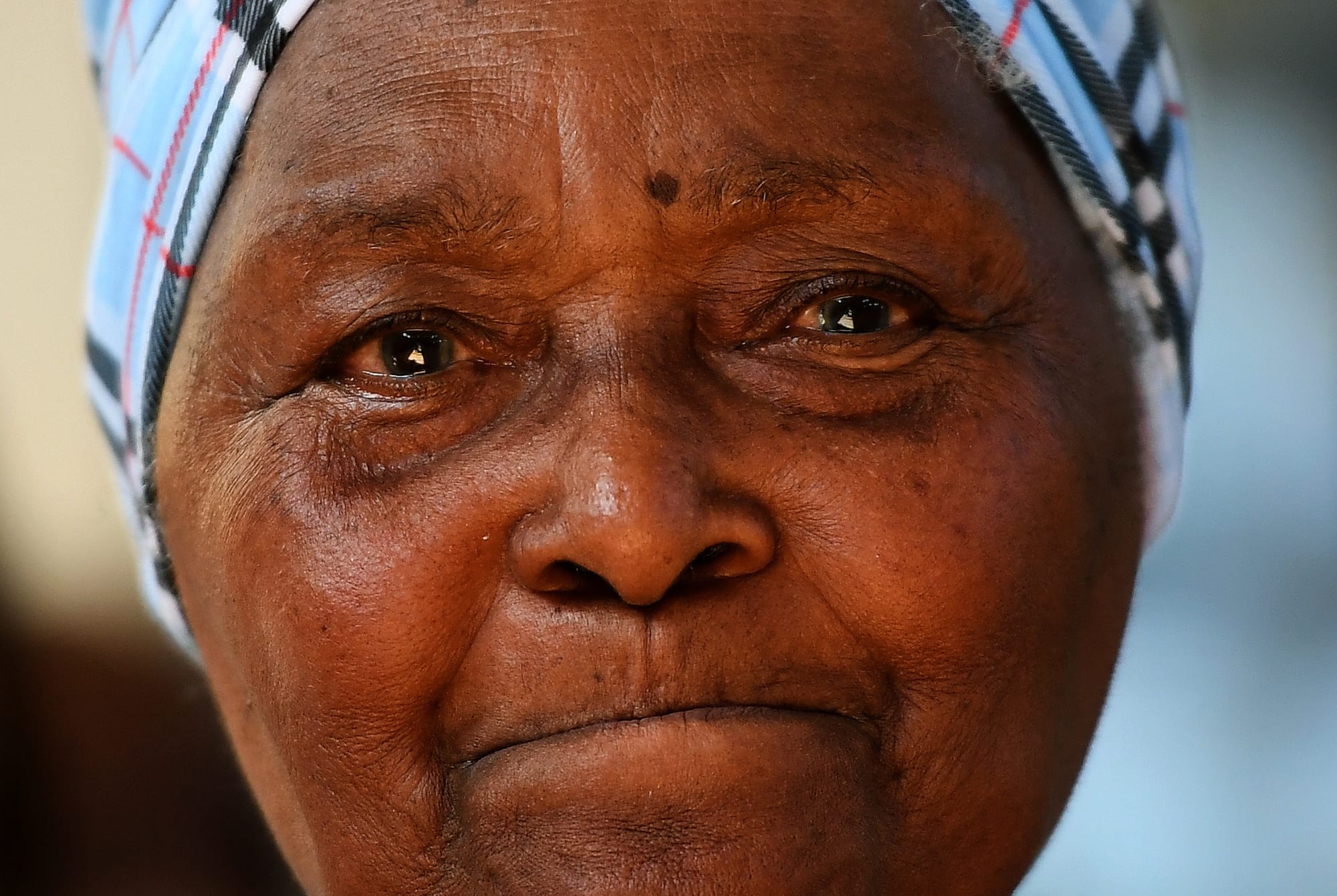Windrush - A story of perseverance

Story and photographs by Andy Rain
‘I came to this country in 1961, 22 February. You just couldn’t get anywhere to live.Cause there was a notice on the door. No Irish, no dogs, no blacks. It was very difficult for us’, remarks Hermine Neita, 88 originally from Jamaica, who now lives in London. Hermine is one of many who is marking this years 75 Windrush Anniversary.
The Windrush generation arrived in Britain from the Caribbean in 1948 through to the early 1970's.This generation became know as the Windrush generation, named after the HMT Empire Windrush ship that brought the first wave of Caribbean immigrants to the shores of the United Kingdom. Among the passengers were mothers, fathers, young boys and girls seeking new opportunities.
A chance to rebuild their lives, and contribute to Britain's post war reconstruction effort. They left behind them loved ones, embarking on a journey into the unknown. Despite being British citizens, as part of the Commonwealth, they were met with skepticism, prejudice and discrimination
White Britain wasn't ready for the large influx of black migrants. What followed was the start of decades of a systemized government policy of racist discrimination, designed to reduce the number of black people permitted to live and work in Britain.
They suffered at the hands of brutal police persecution and a hostile British public.Over the next three decades a wide range of immigration laws were introduced curtailing the rights of Caribbean settlers. Many were wrongly detained, denied legal rights, or deported.
They found homes in the deprived neighborhoods of Notting Hill and Brixton.Notting Hill's All Saints Road became a hub for the black civil rights movement. Frank Crichlow who opened the Mangrove restaurant on All Saints Road became a figure head in the fight for black civil rights, and the cafe soon became a haven for minority groups who needed a voice.
Across the road from the Mangrove that closed in 1992 is Peoples Sound, one of only a few remaining record stores from that time. It's here I meet Troy, who takes care of the store selling records, CD's, DVD's, and operates the online service.
“We have people from all over the world come into the store”, he says. “You can't find these records in other shops”. 'Im second generation Windrush. My Dad came to England from Jamaica in 1958', he explains.
'I don't think anyone is going to want to celebrate”, he says, referring to June 22. “No, not after the way they've treated us”, he shrugs. Notting Hill today is largely a white upper class neighborhood, well known for fashionable Portobello market with tourists sifting through antique stores and trendy gift shops. The areas diverse history though remains in the background and explodes into life every August with the Notting Hill carnival. Five miles south in Lambeth is London's largest Afro Caribbean black community.
Etched into stone in Brixton's Windrush Square there are reminders of their journey, This is where I meet Stephen Delsol, a community leader whose father came to England from the Dominica in 1955. “ What will the anniversary mean to people”, I ask him. “There is still a lot of anger in the community. There's a lot of pain.It will mean different things for different people, but will it be a time to celebrate?Hmmm, a time to protest or a time mourn maybe”
In Catford, south London, over one hundred elders and their families come together to mark the greatest migration from the West Indies to Britain. Photographs of their younger selves hang across the walls and windows of St. Lawrence Church hall. Guests are entertained by a series of 80's British tv quiz shows, in the like of Mr & Mrs and Blankety Blank.
Followed by live Caribbean music and dance. The hall fills with dancers tothe sound of ' Tears on My Pillow' by Little Anthony and the Imperials. It's here I meet Elaine Scott, 73. 'We have always felt like unwanted guests' says Elaine.‘For young people there are still a lot of challenges. jobs are scarce. They have to be much stronger.
They have the police against them, and so everywhere they turn, for those who have made it, they will tell you. It has been hard work. We have contributed to this country’s growth’. Over seven decades ago they arrived in a country they didn't know. They took up jobs in the NHS as nurses, hospital porters, steel and coal production workers, bus drivers,construction workers.
They enriched a nation and became part of its fabric. They excelled in the arts, sports, business and politics, shaping policies, challenging norms, while embracing their dual heritage.Their contribution has left an indelible mark on British culture and has changed social attitudes.Their struggle has paved they way for younger generations. Inspiring them to embrace their heritage and challenge inequality.
The Windrush generation's legacy serves as a testament to the resilience, strength and unwavering spirit of those who dared to venture far from home in pursuit of a better life. Windrush 75 is not just a celebration, it's a commemoration, it's a time to heal, to reconcile. It's a moment to remember the importance of Britain's cultural diversity, to recognise and rectify past injustices.


